Hellosign in / register
Log In
Become a part of our community!
Registration complete. Please check your email.
Create an account
Welcome! Register for an account
The user name or email address is not correct.
Reset password
Recover your password
Password reset email has been sent.
The email could not be sent.
Possible reason: your host may have disabled the mail function.
0
My Shopping Cart
₹0.00
No products in the cart.

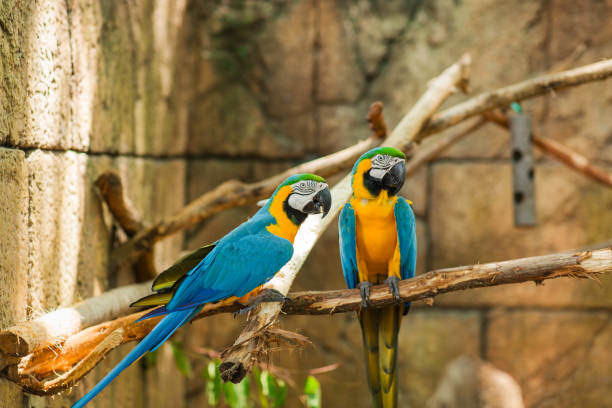




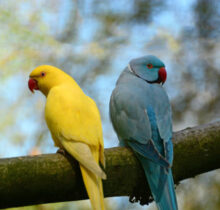
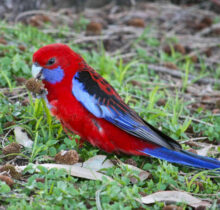
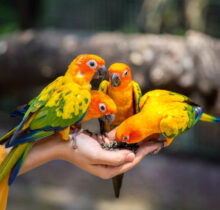
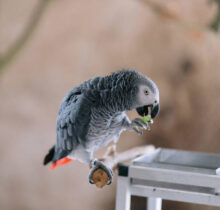






Reviews
There are no reviews yet.